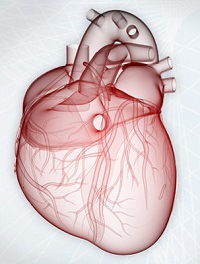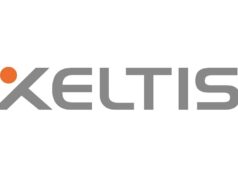
Xeltis AG, a clinical-stage medical device company developing the first-ever heart valves designed to enable cardiovascular regeneration, announced today the formation of its international clinical advisory board. Its advisors include Martin Leon (Center for Interventional Therapy, Columbia University Medical Center, New York, USA), Stephan Windecker (Swiss Cardiovascular Center, Bern, Switzerland), and Francesco Maisano (Cardiovascular Surgery, University Hospital, Zurich, Switzerland).
According to a press release, the others members are Thierry Carrel (Clinic for Cardiovascular Surgery, University Hospital, Bern, Switzerland), Volkmar Falk (German Heart Institute, Berlin), Michael Mack (Center for Advanced Cardiovascular Care, Baylor Health Care System, Plano, USA), and Christian Spaulding (Interventional Cardiology, European Hospital Georges Pompidou, Paris).
Laurent Grandidier, Xeltis’ chief executive officer, says: “We are extremely pleased to welcome such an exceptional group of cardiology clinicians to our clinical advisory board. No doubt, their guidance will prove to be invaluable as we move forward with international clinical trials of our company’s platform technology to deliver on our promise to reinvent the heart valve.”
The press release reports that the “innovation of the breakthrough Xeltis medical device” platform is a synthetic, bioabsorbable matrix that, after implantation, enables endogenous tissue restoration of a new heart valve or cardiovascular blood vessel. Endogenous tissue restoration is enabled by the unique porous structure of Xeltis bioabsorbable implants, which is based on Nobel Prize-awarded science. The implants are designed to harness the body’s natural healing process, to pervade them with new healthy tissue and form complex body parts before the implants get absorbed.
Because the Xeltis matrix will bioabsorb over time, and because the new tissue produced to create a new heart valve during the endogenous tissue restoration process is the patient’s own, the Xeltis technology platform has the potential to overcome the limitations of current standard of care in heart valve surgery. No foreign material is permanently implanted in the body, and long-term medication may no longer be needed. Also, the risk of repeated surgeries may be reduced.
The Xeltis platform comprises a pipeline of products. In addition to the initial application for pulmonary valve replacement, Xeltis also is developing additional programs based on its platform technology, including an aortic valve replacement.












